There is a popular saying that Light is a source of optimistic energy, and that is what makes it essential to the decor and design of a hotel environment. Today’s hotel industry is filled with magnificent ambiance, quality food, raised standards of quality service, and spacious arenas for modern facilities. Efficient lighting, when placed strategically, adds a new dimension and brings the inside and outdoors of a hotel structure to life. Imagine you enter a hotel with the desire of a wonderful stay and are greeted by ugly, ill-placed lighting, would you want to continue staying there or pay another visit? Guests must be rendered awestruck by the location’s beauty, and what better way to do this than with superb lighting that provides character, depth, and height?
What is new in Lighting in hotels?
The hospitality sector has raised the bar by going beyond UV lights to UV-C lights, which provide a relaxing atmosphere while also having germicidal qualities. This has especially become a trend post-Covid-19, since UV-C lighting reduces the spread of bacteria and germs, thereby beautifying and sanitizing the atmosphere at the same time.
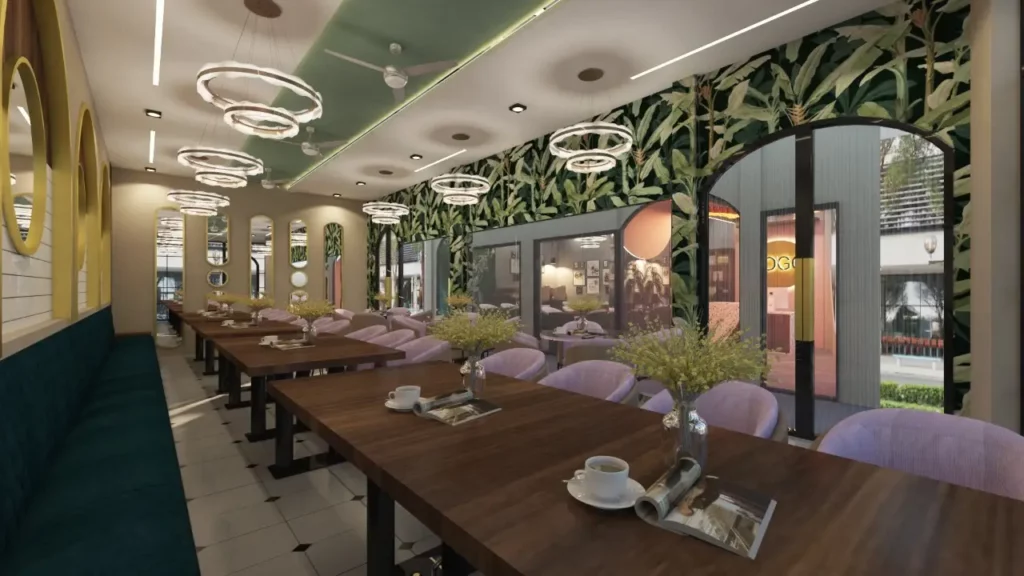
In addition, interior designers are increasingly focusing on choosing high-tech features like dimming, color-changing, and mood settings when thinking of lighting ideas for hotels.
What kind of trends are you seeing in lights?
Lighting sensors for sensing sunshine and client presence is one way to make your business smarter. Due to their ability to automatically alter their brightness with respect to the amount of natural light entering the room, these devices help hotels save unnecessary expenditure on energy. On noticing clients nearby, they also turn on or off the lights accordingly. Elegance and sophistication are the new buzzwords among the millennial population, and lights and lamps made of wood and metal have been the recent trends due to this quality. They showcase simplicity and cleanliness and also make spaces look bigger and clutter-free.
Sconce lights, flush-mount lights, chandeliers, table lamps, and other lights with vintage charm are quickly gaining traction.
What are some of the new requirements that hotels have as far as lights are concerned?
Today, all evolving organizations are focused on having a sustainable business model and saving natural resources, why should the hotel industry be left behind? Sustainable lighting systems are increasingly required by hotels to play their part in this vision. Upgrading to LED lights is of course the most common method, as these reduce the overall maintenance cost as well.
Hotels require warmer lighting ranging from 1800-3000K for lobbies and hallways, while guest room lighting often ranges between 2700 and 3000K. Flexibility plays an essential role in hotel lighting because customers have different lighting requirements during their stays. Hence, hotels these days look to add lamps to the rooms that have bulbs with interchangeable temperatures.
This will allow people staying inside the hotel to alter the lights of their rooms according to their needs. A master switch that can turn off all the lights within a room is also a key requirement.
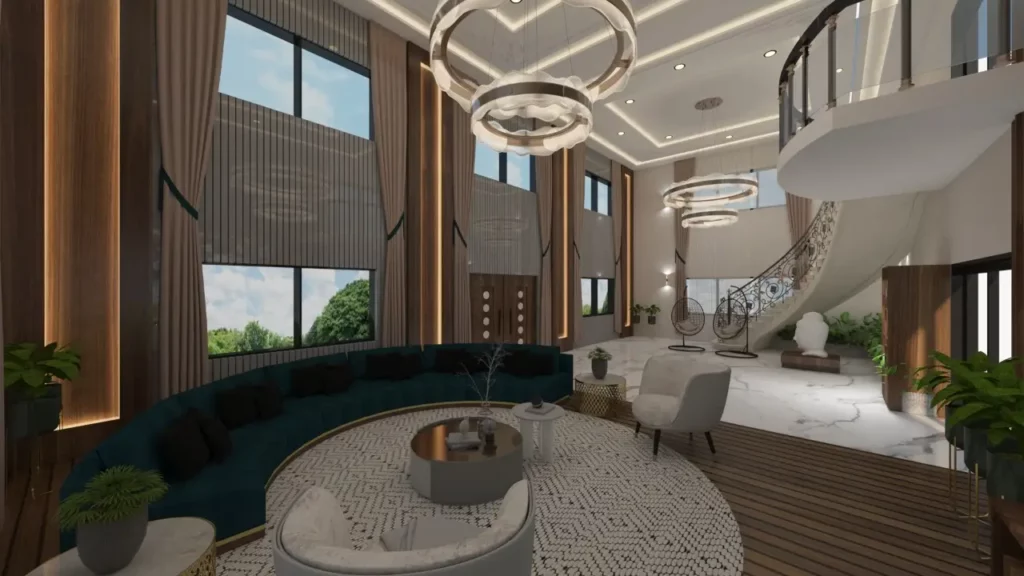
What are the challenges in the upkeep of lights?
Varying guest needs are the most common challenge in this aspect. How far can the hotels go in ensuring each individual guest demand is met while also maintaining the upkeep of lights? Post-pandemic, a lot of hotels have been forced into reducing their housekeeping staff, which again makes it all the more challenging to achieve this objective. When you consider that so many of the lights are excessively used day in and day out and are either reliant on or based on technology, it is only natural that things will go wrong. Thus, preventive maintenance is not an easy aim to achieve. One must also understand that not all guests are as environmentally aware and will act casually by keeping lights switched on unnecessarily.
What are some of the ecological aspects one can see in lighting?
A hotel’s customer satisfaction rating is heavily driven by the caliber of its lighting. Guests require illumination that offers appropriate vision without creating pain or being a distraction, in order to safely and comfortably carry out their work. However, as we already mentioned above, hotels have begun to adopt eco-friendly lighting systems to reduce environmental damage and be more eco-friendly
OLED lighting continues to gain popularity in the hotel industry space. It is getting attention not only for creating a distinctly designed lighting experience but also for being an energy-efficient solution and producing higher light quality. Switches, dimmers, and keypads are just the beginning of a sustainable approach to hospitality. Automation—including sensors, wireless technology, and coordination with hotel management systems—helps hotels run at optimal efficiency while delivering a better guest experience.
But attaining this also requires an ecologically evolved mindset, which not every hotel can claim to possess.
How commonly are Lighting needs customized?
Everyone likes to have things done their way, and a customized lighting system brings us that much closer to this objective. Lighting systems can be tailored according to their functioning, interiors, occupancy, and the area’s natural lighting approach.
In the planning process itself, plans for the customization of lighting are implemented. In order to include aesthetics, utility, and efficiency in any hotel, architects often collaborate with lighting design professionals to customize lighting accordingly and achieve the balance between customization and sustainability needs.
Brands like JCL Lighting, Lukas Lighting, and other lighting providers can boast a wonderful portfolio of customized lighting solutions for the hotel industry.
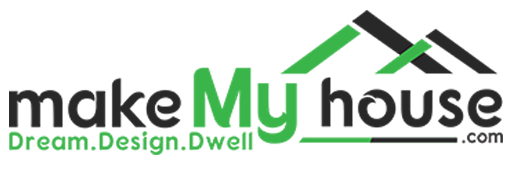
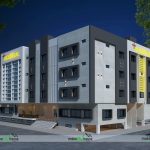
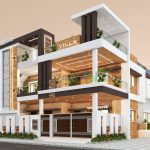
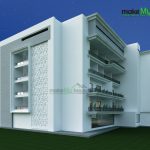

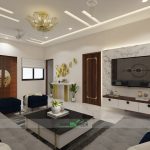

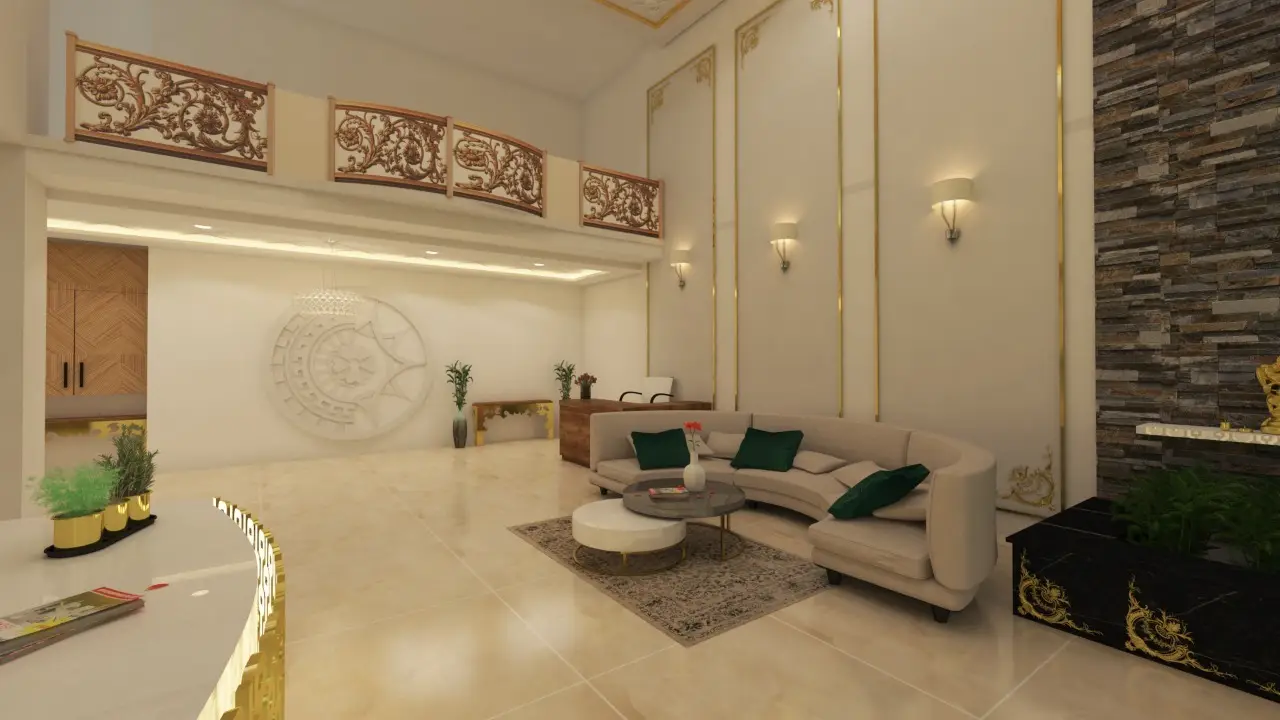
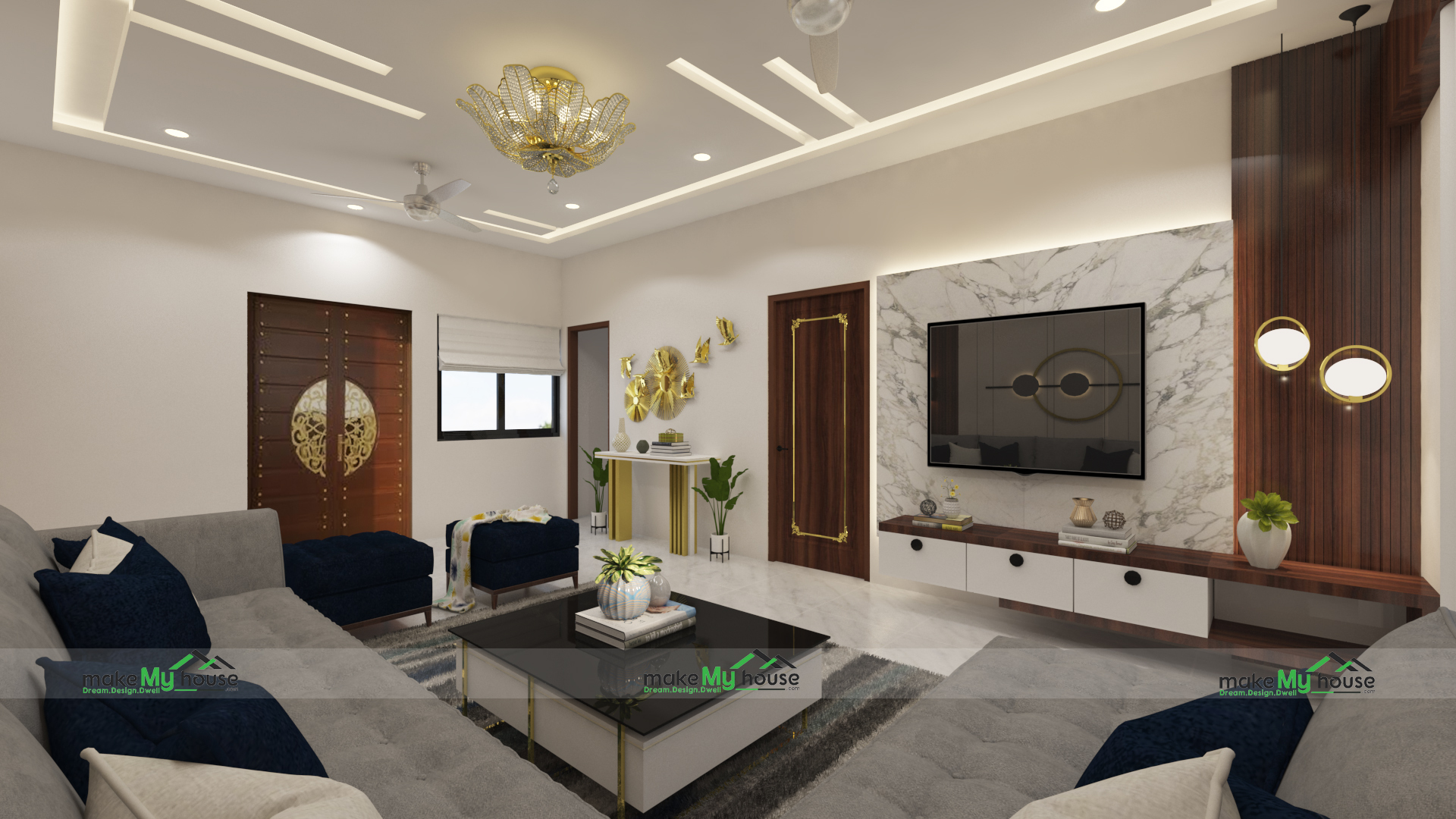
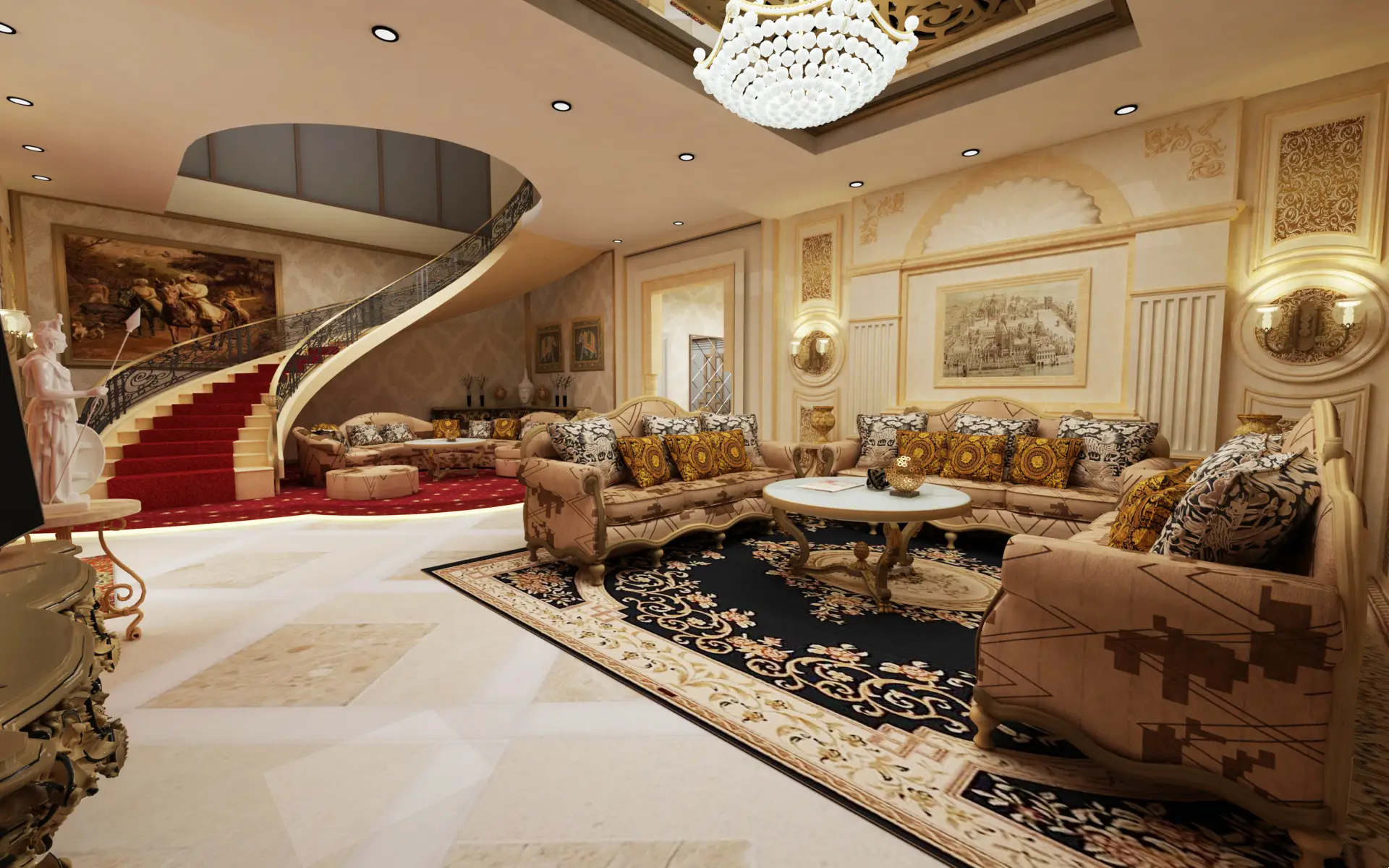
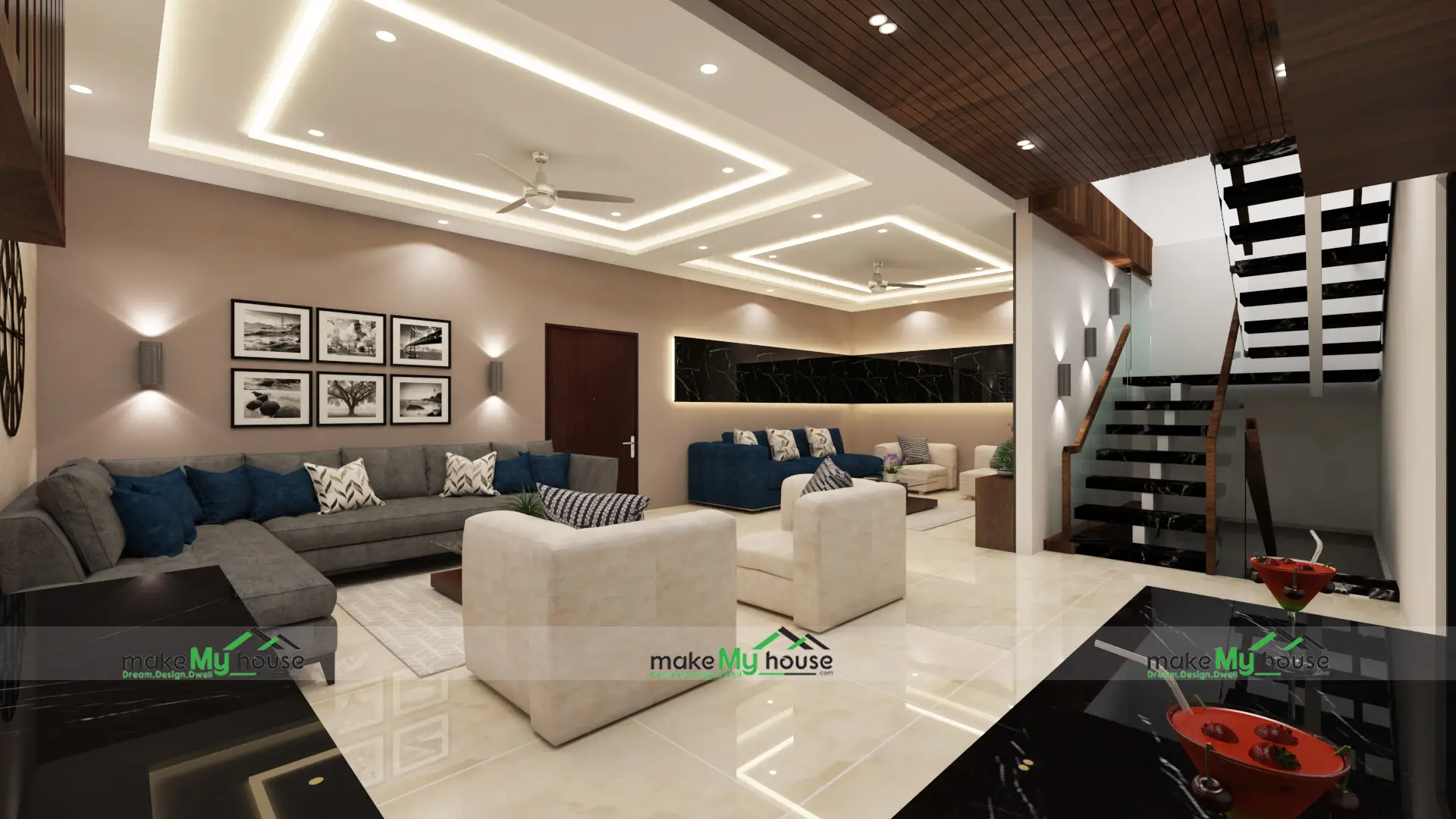
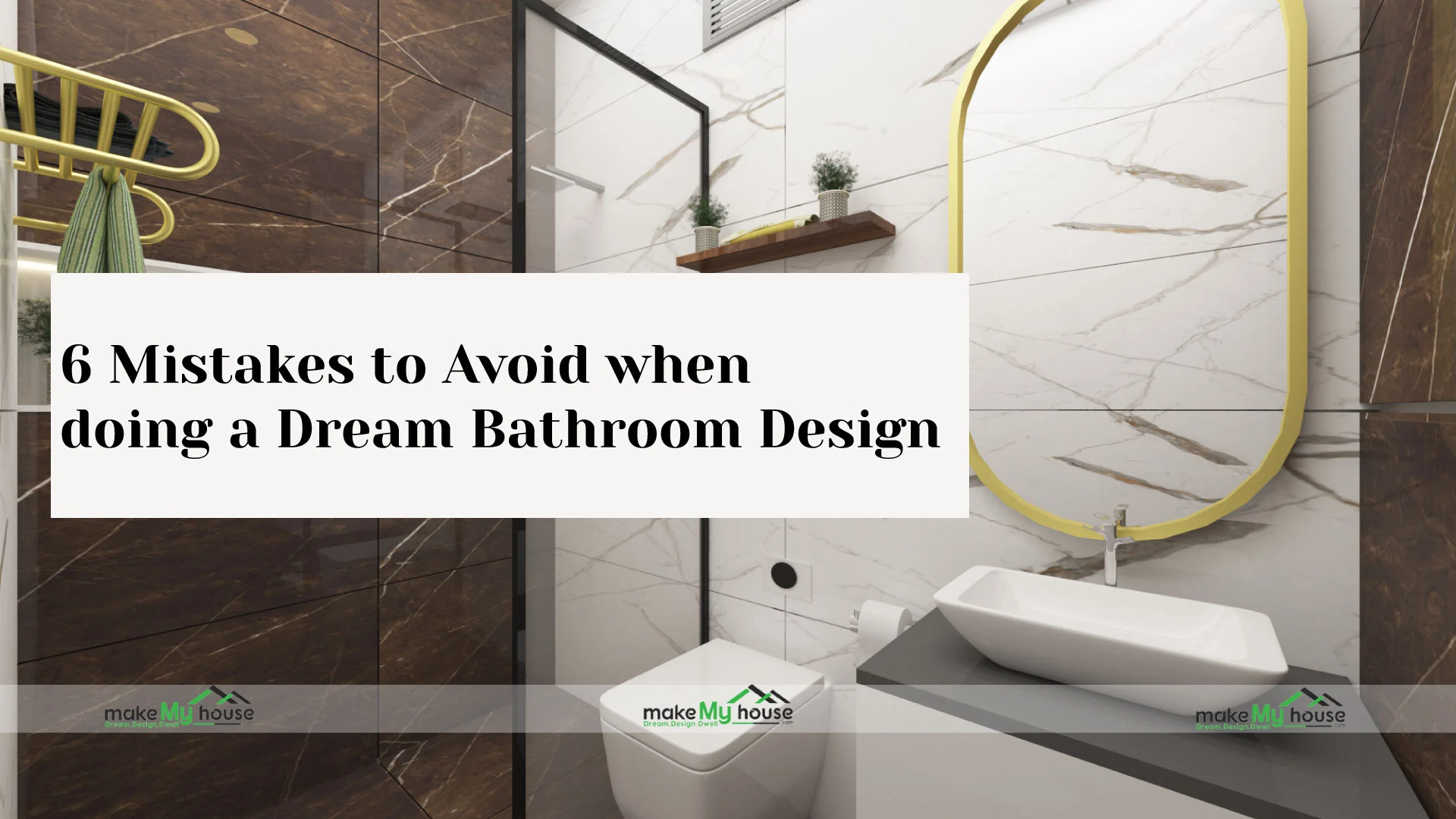
One thought on “Let’s throw some “Light” in today’s hotel industry!”